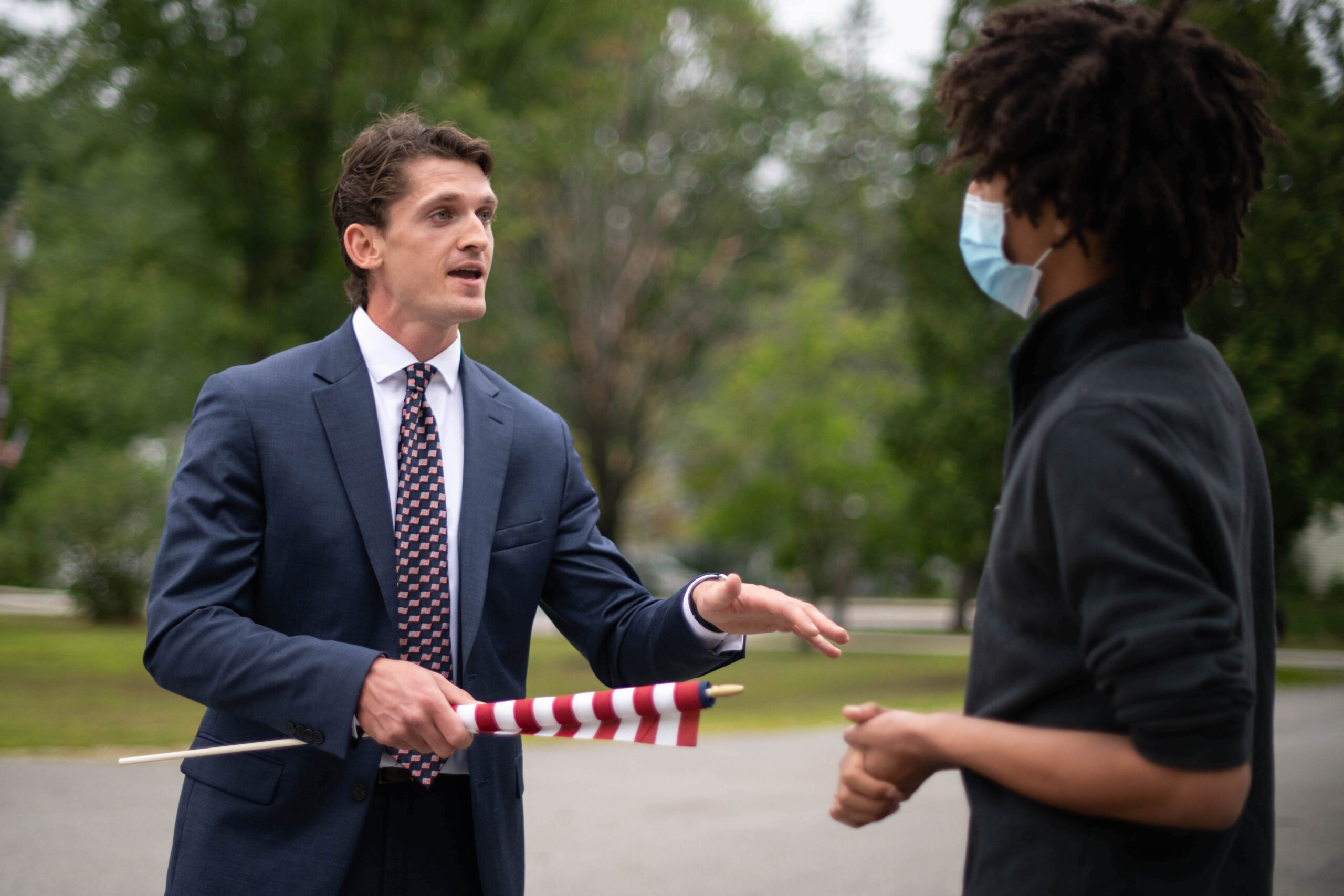“We are more alike than different.” You’ve heard this phrase. From me, if nowhere else. But let’s get more specific for the sake of clarity. We differ in:
I recently joined a book discussion group through Facebook. The best thing about this was that the people were from so many different places and backgrounds. The book was Caste, which meant the topic was racism. And the reactions to the book were as different as the individuals present.
A manager comes out of a meeting with a clear decision. He then attends the next meeting and comes out with a changed mind and a new decision. Is this second decision really a decision?
Lately, I’ve noticed several difficult client situations that are caused by decisions that aren’t really decisions.
I have written hundreds of articles containing my best ideas, all of which are available for free on my website. I send a newsletter every month without fail, delivering my newest ideas to inboxes all over the world. I respond to emails and LinkedIn questions directly. I give free advice by phone to inactive clients and prospective clients because they need it, not because they are considering hiring me. I truly appreciate it when people take the time to reply with their thanks and reactions, comment on and share my posts on social media, and write testimonials for my website or for my books on Amazon. The social sharing and Amazon reviews are especially appreciated because my goal is to spread the power of clarity and those are great ways to get the message out. But something happened recently that caught me up short.
After almost two decades of running pretty much all of the meetings I attend, I suppose there was a danger that I might forget what it’s like to be on the receiving end. Well, it all came roaring back to me the other day as I sat helplessly in a socially distanced meeting.
I heard several interesting interviews on NPR the other day. These were people who care about our country as much as I do. Who care about many of the same issues as I do. Who exhibit many of the same values. Thoughtful, kind, caring people. But people who have reached completely different conclusions about the state of the country, who is doing what, who thinks what, and what needs to be done.
After moving to a small town in New Hampshire two years ago, I found myself getting involved in local issues where I have strong opinions. Ironically, despite all of my experience and success facilitating difficult decisions with clients, I am not an effective facilitator when I have strong opinions! And guess what. You aren’t an effective facilitator when you have strong opinions either!
Do you ever wonder how patient you should be? I’ve got executive advisory clients who struggle with this question. Some of them are naturally impatient, know they need to work at being more patient, but worry that being too patient sends the wrong message. Do you ever feel that way? So what can you do? Here is the short answer:







